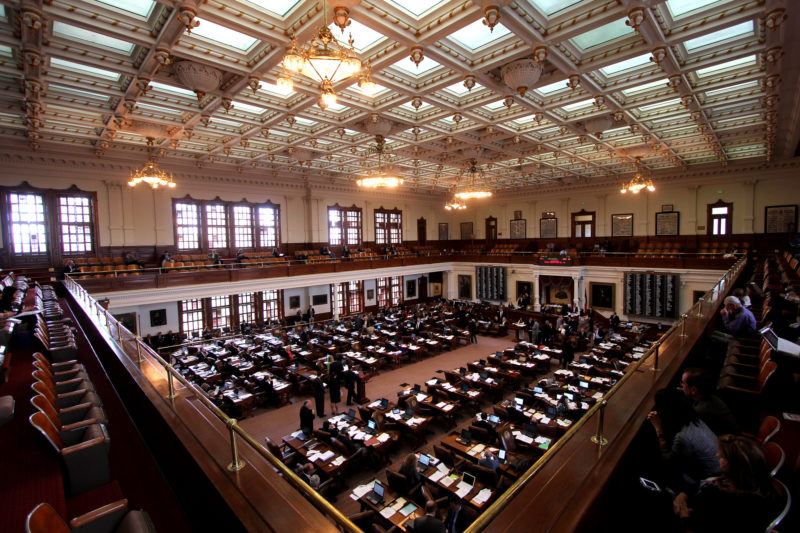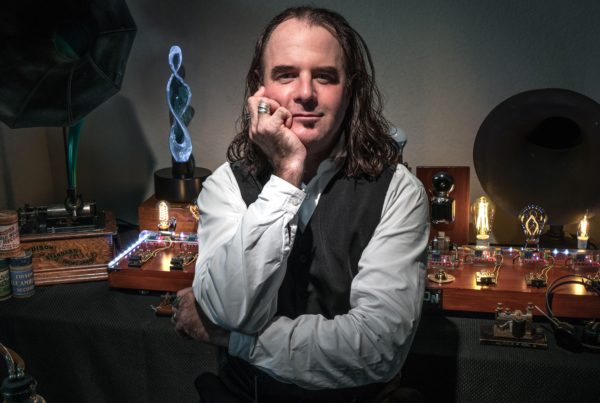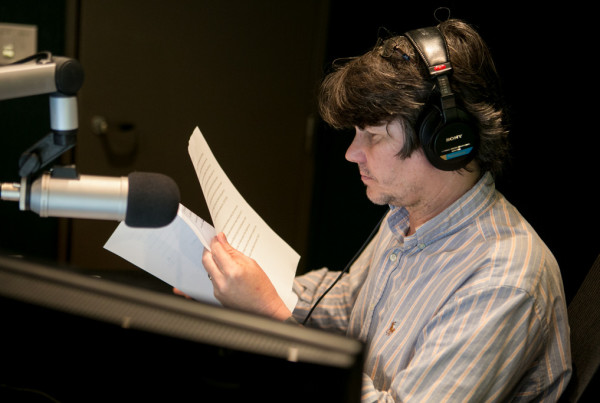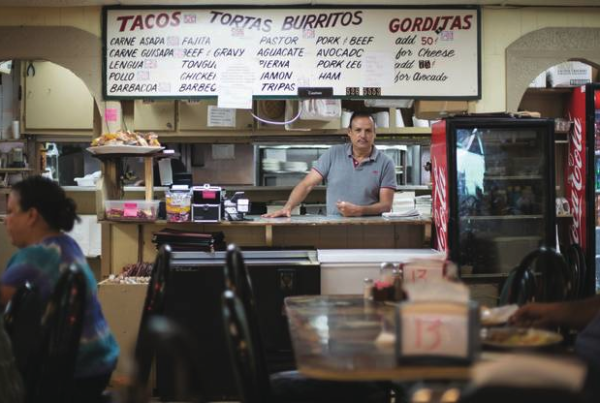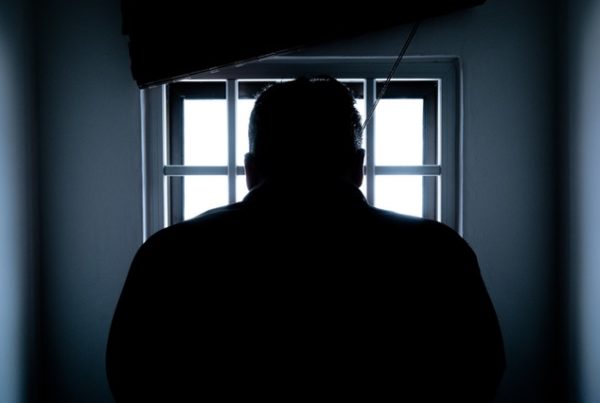Tuesday, a federal judge in California froze President Donald Trump’s executive order that would withhold funds from “sanctuary cities” across the nation. So far, the base definition of such an area includes jurisdictions that refuse to cooperate with immigration detention orders.
But there’s still controversy over how a “sanctuary city” is legally defined.
Judge William H. Orrick placed a temporary injunction on the order, ruling that only Congress could withhold funding and adding that the order could be seen as unconstitutional. Orrick also pointed to blustery words from top members of the Trump administration as evidence of intent to use the order as a kind of political weapon – while in court, the federal government said the order doesn’t really do anything yet because there’s no clear definition of “sanctuary city.”
The Texas Legislature is also in a fight against cities that choose to ignore requests to detain immigrants arrested for minor offenses. Gov. Greg Abbott has already cut off grants to Travis County after Sheriff Sally Hernandez set an immigration policy limiting what information law enforcement would share with Immigrations and Customs Enforcement (ICE).
Tuesday, Austin Mayor Steve Adler met with U.S. Attorney General Jeff Sessions in Washington, D.C. and asked “Would a city that was not honoring voluntary detainers be a city that was sanctionable under the president’s order directed at sanctuary cities?”
Sessions cited 8 U.S. Code 1373, which punishes cities for not communicating with the federal government about the immigration status of a person in custody. Responding to detainer requests – asking for a person in custody to be held until they can be turned over for deportation – is voluntary, Sessions said. Abbott has yet to respond to the claim.
Wednesday, lawmakers in the House are taking up a measure that would force Texas towns and cities to comply with immigration officials – effectively outlawing sanctuary cities. Abbott made dealing with “sanctuary cities” an emergency item during his State of the State address in January.
“What this mainly focuses on is police departments and county jails that don’t honor detainer requests from immigration and customs enforcement,” says Julián Aguilar with the Texas Tribune.
Senate Bill 4 has already passed through the Senate and now the House is taking up the bill. Aguilar reports Democrats are expected to propose more than 100 amendments.
What Adler and other opponents of the Texas “sanctuary cities” legislation are alleging is that the state wants to make a law mandatory even though the federal government recognizes it as voluntary, Aguilar says.
“If this continues to be the staring contest between the opponents and the proponents. I would bet you there’s going be some sort of litigation filed immediately after this bill goes into effect,” he says. “Texas is not known for listening to what the federal government says – whether it’s under President [Barack] Obama and now President Trump, Texas is going to go some way and they’re going to say ‘No.’”
Written by Beth Cortez-Neavel.


